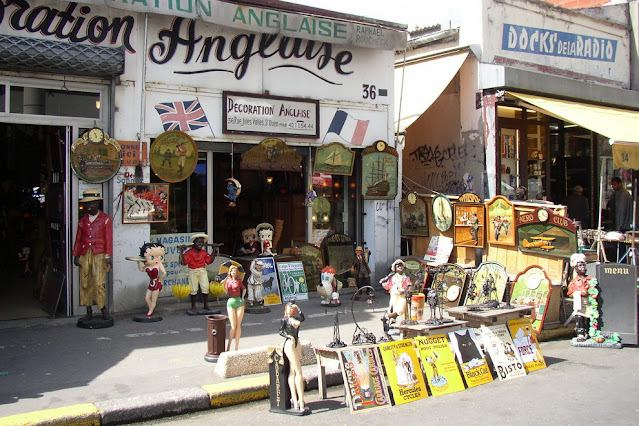The word performative has become ubiquitous but is often misused . Parliamentary kabuki The always informative Dot Wordsworth points out in her Spectator column that the correct usage of performative is 'as a label useful in identifying a sort of utterance that is different from a statement of fact.' She cites as examples, 'I do (in the marriage ceremony), I bet, I name this ship the Queen Elizabeth, I promise, Let there be light (if you are God) and I apologise.' Performative does not mean to play to the gallery (or TV cameras!) or act insincerely for public consumption. Kabuki is the word that better describes theatrical behaviour that attempts to attract maximum media attention. What is kabuki?


